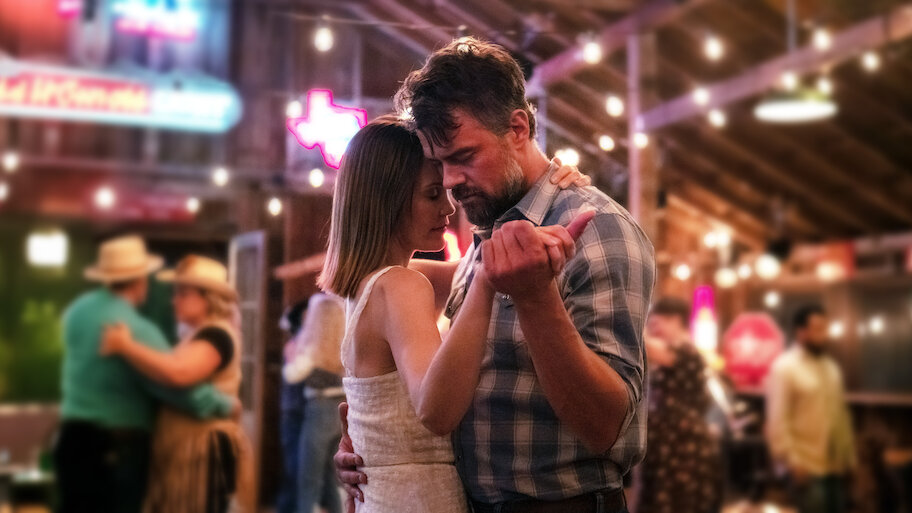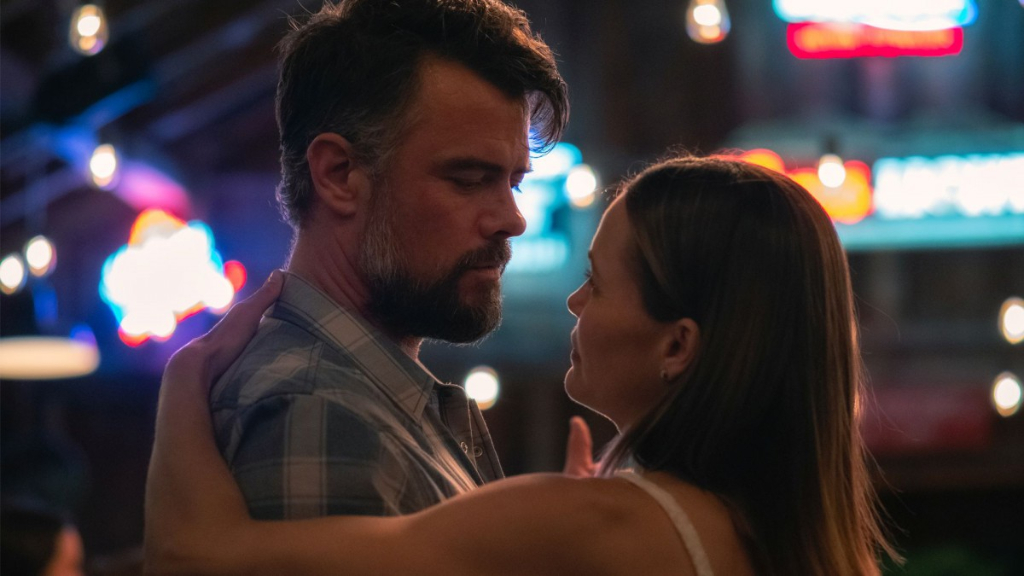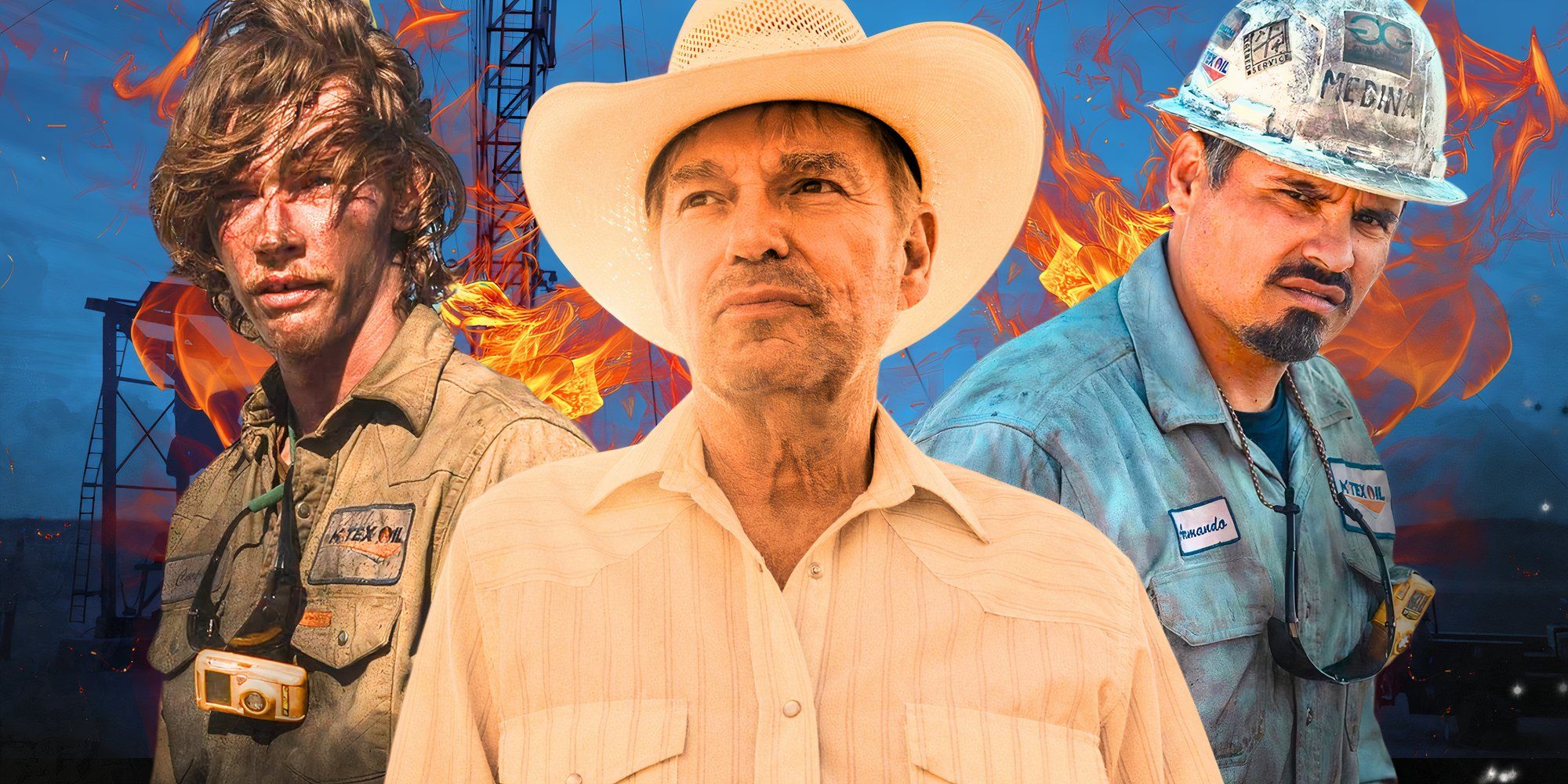The Lost Husband (2020) – Healing Hearts and Finding Home
The Lost Husband (2020), directed by Vicky Wight and based on the novel by Katherine Center, is a gentle, heartfelt romantic drama about grief, renewal, and the quiet strength found in unexpected places. Anchored by moving performances from Leslie Bibb and Josh Duhamel, the film weaves a story that’s part Hallmark simplicity and part emotional journey, delivering comfort and sincerity in equal measure.
At its core is Libby Moran (Leslie Bibb), a woman who has lost everything—her husband, her home, and her sense of direction. Left to raise two young children alone, Libby has no choice but to move in with her estranged Aunt Jean (played by Nora Dunn) on a goat farm in rural Texas. Life on the farm is far from glamorous, and Libby is completely unprepared for the hard work and slower pace. But in the stillness of nature and the simplicity of her new surroundings, she begins to rediscover parts of herself she thought were lost forever.
Enter James O’Connor (Josh Duhamel), the farm’s rugged and quiet manager. With his own guarded past and a deep connection to the land, James initially keeps Libby at arm’s length. But over time, the two begin to form a bond—one built not just on attraction, but on shared pain, resilience, and a desire to build something lasting.

What makes The Lost Husband resonate is not sweeping romance or melodramatic turns, but its intimacy. It’s a story about slowing down, letting go, and healing in the presence of kind people and honest work. The film finds power in quiet scenes—a moment of laughter while milking goats, a silent understanding shared across a table, a walk through open fields.

Leslie Bibb delivers one of her most grounded performances, portraying Libby with a balance of vulnerability and growing strength. Josh Duhamel brings depth and gentleness to James, far from his typical action-hero image. Their chemistry is subtle, mature, and earned.
Visually, the film leans into the beauty of rural Texas—sun-drenched mornings, rustic barns, and open skies that reflect the emotional clarity Libby is seeking.
The Lost Husband is ultimately a film about rebuilding—not just a life, but a sense of belonging. It reminds us that love sometimes grows slowly, quietly, and in the most unexpected soil.



